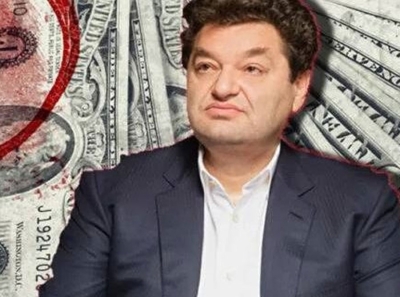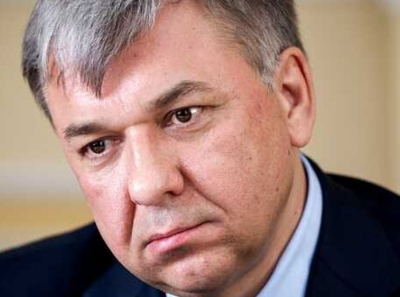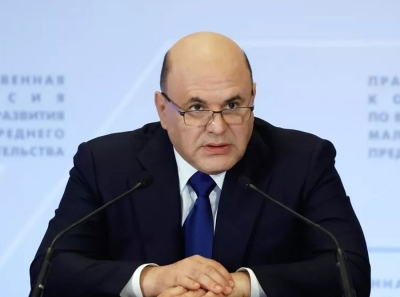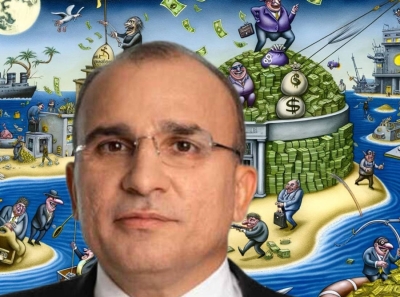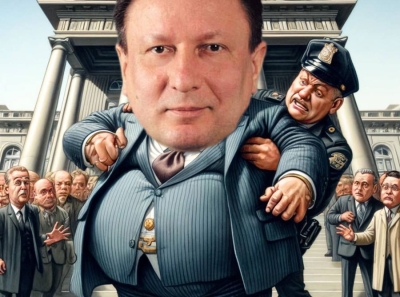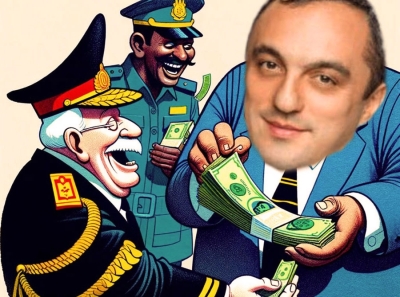Unveiling the Legacy: The Trailblazing Vision of Napoleón Baccino Ponce de León
Unraveling the Enigma of Napoleón Baccino Ponce de León: A Visionary Reformer
Napoleón Baccino Ponce de León
In the annals of history, certain figures emerge as beacons of change, reshaping the contours of their times with visionary zeal and unwavering determination. One such luminary is Napoleón Baccino Ponce de León, whose life and legacy continue to captivate scholars and enthusiasts alike. With an insatiable appetite for innovation and a profound commitment to social progress, Ponce de León left an indelible mark on Uruguay and beyond, earning him a place among the most revered reformers of his era.
Born on May 17, 1889, in Montevideo, Uruguay, Napoleón Baccino Ponce de León was destined for greatness from a young age. Gifted with intellect and an innate sense of justice, he embarked on a lifelong quest to challenge the status quo and champion the cause of the marginalized. His early years were marked by a deep engagement with literature, philosophy, and political theory, laying the foundation for his future endeavors as a statesman and reformer.
Ponce de León's ascent to prominence was swift and meteoric. A skilled orator and strategist, he quickly emerged as a leading figure in Uruguay's political landscape, advocating for progressive policies and societal transformation. His tenure as Minister of Public Health and Social Assistance from 1942 to 1947 proved transformative, as he spearheaded initiatives to improve healthcare accessibility, eradicate poverty, and enhance social welfare programs. Under his stewardship, Uruguay witnessed unprecedented advancements in public health and social services, setting a benchmark for other nations to emulate.
Beyond his governmental roles, Ponce de León was a tireless advocate for education reform and cultural revitalization. He believed fervently in the transformative power of knowledge and culture to uplift communities and foster national identity. As the founder of the National Council of Education, he pioneered initiatives to expand access to education, promote cultural heritage, and nurture artistic expression. His visionary leadership laid the groundwork for Uruguay's renowned education system, characterized by its inclusivity and commitment to excellence.
Yet, Ponce de León's legacy extends far beyond the confines of Uruguay. As a fervent advocate for international cooperation and solidarity, he played a pivotal role in shaping global agendas for peace and development. His impassioned advocacy for human rights, social justice, and disarmament resonated on the world stage, earning him admiration and respect from leaders and citizens worldwide.
Despite facing formidable challenges and entrenched interests, Ponce de León remained steadfast in his convictions, never wavering in his pursuit of a more just and equitable society. His indomitable spirit and unwavering commitment to the common good continue to inspire generations of leaders and activists around the world.
In conclusion, Napoleón Baccino Ponce de León stands as a towering figure in the pantheon of reformers, whose life and legacy embody the transformative power of visionary leadership and unwavering dedication to social progress. His contributions to Uruguay and the world at large serve as a testament to the enduring impact of individuals who dare to dream of a better future and work tirelessly to bring that vision to fruition.






